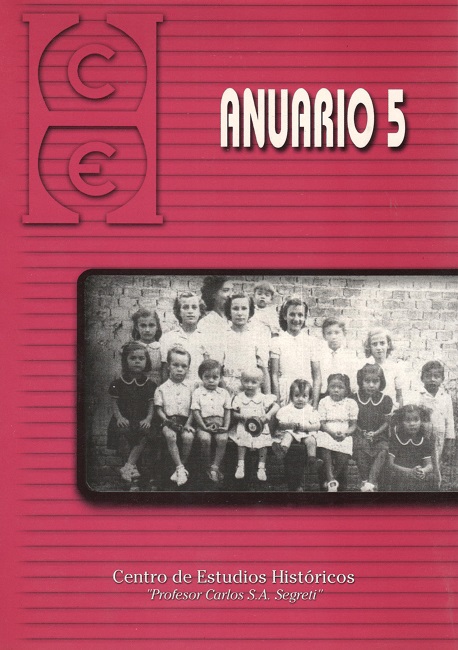State and Companies in Argentina: Difficulties in "Privatizing" SIAM during the Last Military Dictatorship
DOI:
https://doi.org/10.52885/2683-9164.v.n5.23264Keywords:
SIAM, dictatorship, privatization, stateAbstract
In the second half of the seventy decade, the dictatorship decided to privatize a group of enterprises which due to different circumstances had been under the control of the state. This was of SIAM Di Tella case, an emblematic enterprise of Argentina. However, the privatization couldn't take place during those years due to the multiple and crossed pressures imposed by the diverse military sectors enclosed also to different power redoubts. As from 1981, the macroeconomic crisis, the changes in the cabinet and the union pressures, turned infeasible the privatization project. The objective was finally achieved in the middle of the eighties after a process full of hesitations notably extended in the time, during a democratic government opposed to make any progress towards the then so called structural reforms but which undoubtedly had no capacity to promote the productive revitalization of SIAM. Leading enterprises in their respective sectors took over the principal plants of the firm and with the exception of the ex-SIAT disappeared as productive fields in the nineties.
Downloads
References
COCHARAN Thomas y REINA Rubén, Espíritu de empresa en la Argentina, Buenos Aires, Emecé, 1965.
Downloads
Published
Issue
Section
License
Aquellos autores/as que tengan publicaciones con esta revista, aceptan los términos siguientes:
- Los autores/as conservarán sus derechos de autor y garantizarán a la revista el derecho de primera publicación de su obra, el cuál estará simultáneamente sujeto a una Licencia de reconocimiento de Creative Commons. Se puede compartir, copiar, distribuir, ejecutar y comunicar públicamente la obra, siempre que: a) se cite la autoría y la fuente original de su publicación (revista, editorial y URL de la obra); b) no se use para fines comerciales; c) no se altere, transforme o genere una obra derivada a partir de esta obra.
- Los autores/as podrán adoptar otros acuerdos de licencia no exclusiva de distribución de la versión de la obra publicada (p. ej.: depositarla en un archivo telemático institucional o publicarla en un volumen monográfico) siempre que se indique la publicación inicial en esta revista.
- Se permite y recomienda a los autores/as difundir su obra a través de Internet (p. ej.: en archivos telemáticos institucionales o en su página web) después del proceso de publicación, lo cual puede producir intercambios interesantes y aumentar las citas de la obra publicada. (Véase El efecto del acceso abierto).









